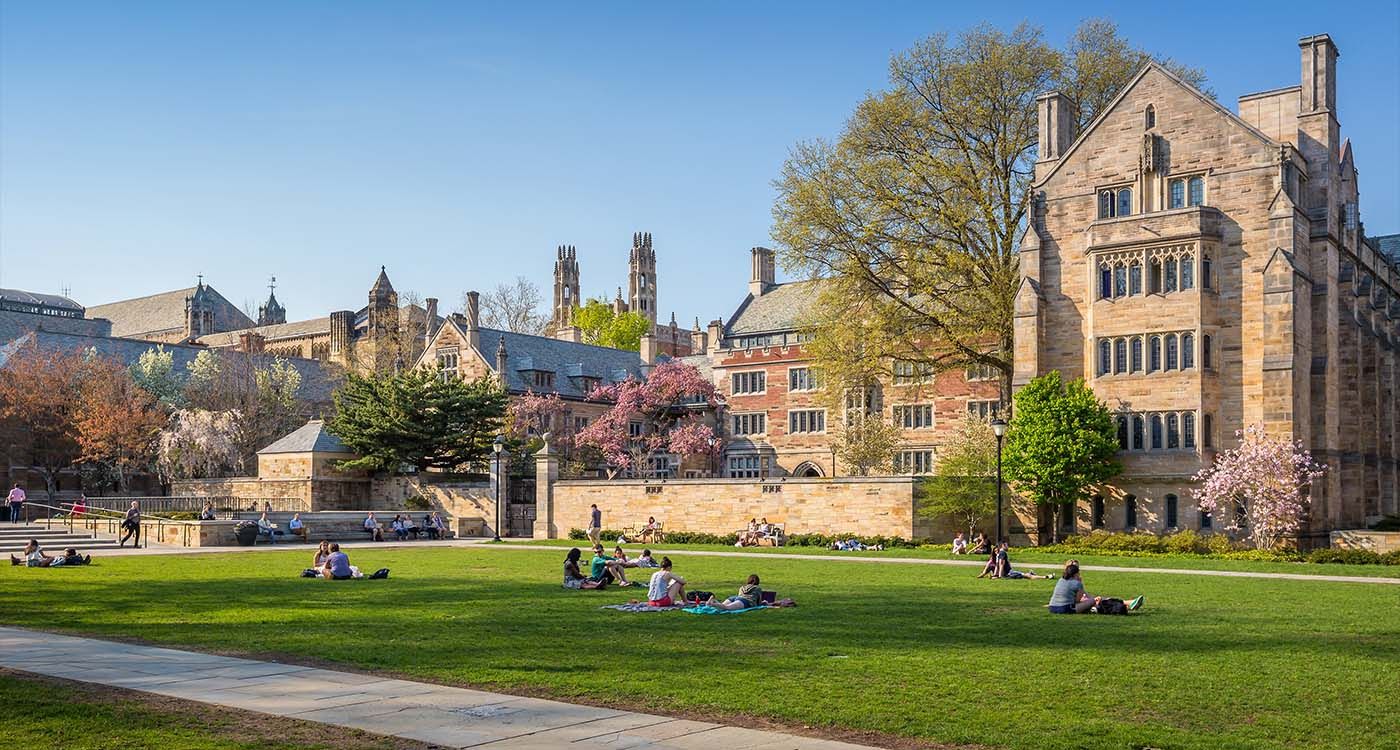- Home
- Middle East
- The Radical New Left Controls College Campuses

©f11photo / Shutterstock.com
Today’s radicalism on college campuses is all about censorship, disruption and destruction—acts that are, by nature, antithetical to academic progress and healthy intellectual exchange. American universities—and many institutions across the globe, it seems—are being transformed, not by argument, but by ideological capture by a New Left that tyrannically prioritizes cultural and identity-based politics and views the world solely through the lens of race, gender, sexuality and decolonization. This rigid view of the world, which is taking over campuses today, is not just protesting college policy, it’s attempting to redefine the very foundations of Western civilization.
As universities crumble under the weight of this ideological absolutism, a legitimate question arises: Are they still places of learning or staging grounds for Marxism?
Moral Authority as a Tool
The New Left today uses moral authority as a deadly weapon. Self-righteousness is certainly a fast lane toward authoritarian thinking, which is characteristic of Marxist movements. This manifests itself in the New Left’s intolerance for disagreement. When you think you’re morally infallible, others who disagree with you are not “wrong” anymore, they’re “bad.” Opposition is cast not as intellectual but moral failure. Terms like racism, sexism, transphobia and colonial are quickly interjected in an attempt to excuse oneself from rational debate and shut down discussion through virtue signaling. This is the culture that controls universities, but where did it originate from?
Marxism, by Different Means?
Culture on campuses is becoming more aggressive. Protests occasionally spill into violence and rioting. One notorious theoretical framework that lends justification to such tactics is Marxism. In the Manifesto of the Communist Party, the call for violence is clear:
“The immediate aim of the Communists is... the forcible overthrow of all existing social conditions.”
Even though the USSR collapsed, Marxist rhetoric remained attractive, especially to young, impressionable and idealistic students eager to “change the world.” Unable to confront the successful free-market model head-on, Marxists recalibrated. Instead of economic revolution, they turned to cultural and academic spaces, focusing especially on the humanities—areas most likely to influence future politicians, activists and policymakers.
The Marxist notion of class struggle between the bourgeoisie and the proletariat has been repackaged into an overriding framework of oppressed and oppressor. This is how many students now interpret history, identity, institutions and justice itself. The New Left is therefore Marxism, rebranded.
The Qatar Connection
While many talk about the influence of AIPAC in American politics and institutions, many are unaware of the massive influence that Qatar wields. Qatar has been able to buy a lot of good favor in the US by signing lobbying contracts, giving gifts and forming partnerships. The largest, and perhaps the most interesting, recipients of Qatari money have been major American universities. Between 2001 and 2021, Qatar has donated a staggering 4.7 billion to US universities, according to the National Association of Scholars. No full breakdown of this figure is publicly available, but we know that Qatar has invested heavily into the humanities and social sciences. Some of the largest donations were given to Northwestern University, which is renowned for its journalism department, and Georgetown, known for its strong foreign affairs programs. Qatar’s intentions are obvious. It is not a Marxist or leftist progressive country, by any means. Its alliance with the New Left is tactical. Qatar is Islamist and aims to spread the Muslim Brotherhood. The New Left, through its universal, all-encompassing oppressor-oppressed formula, sees Muslims as oppressed and the West as oppressors. Former KGB agent Yuri Bezmenov stated in an interview that leftists are “instrumental in the process of subversion, only to destabilize a nation.” In this context, Qatar’s financing of leftist curricula at Western universities should be viewed as a form of political subversion, a means to distract and weaken the West while the Muslim Brotherhood quietly expands its influence.
Universities have always been battlegrounds for ideas. But today, only one idea seems to be allowed. And it's enforced not through argument, but through threat of cancellation, expulsion or professional ruin. The institutions that were built to cultivate open inquiry are now training students to be rigid, intolerant and intellectually fragile. The pursuit of truth is being suffocated by the machinery of ideological enforcement.
There is still time to push back. But it will take courage from trustees, alumni, donors and, above all, students. The university system should be cherished for its past contributions to science, art, democracy and progress. Precisely because of that value, it cannot be handed over to ideologues.
If no action is taken, the only people left on college campuses will be those who already agree, loudly, angrily and without question.
And that, more than any protest or slogan, is the real threat to progress and civilization.
Read more



Comments